How to Calculate Your Fuel Efficiency
At Atlas Factoring, we understand the hassles of maintaining a good cash flow.
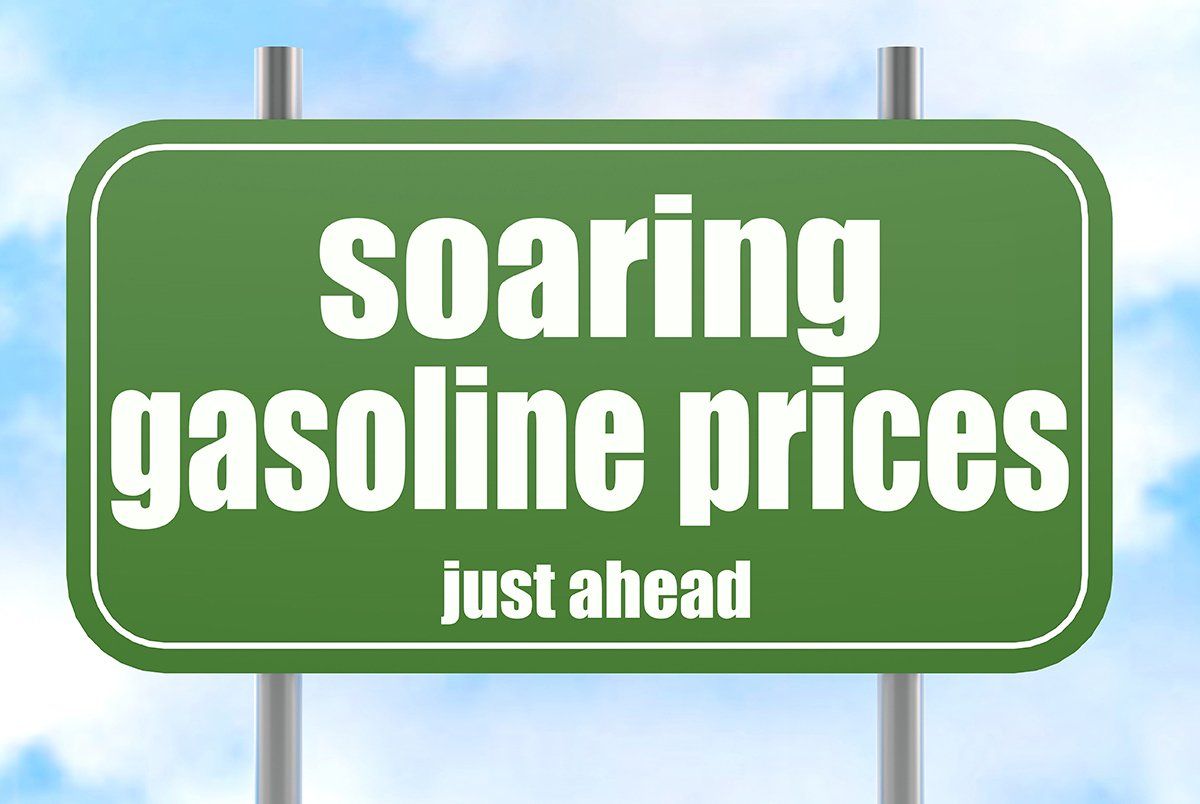
DOWNLOAD A FREE FUEL COST CALCULATOR HERE!
From a small business to a small business, we personalize our service to you, through our FREE Consultations, through these consultations, we have noticed that our clients, could serve themselves well by knowing what the cost of fuel consumption of their fleet is. Whether you are a fleet owner or an owner-operator, fuel consumption evaluation is an essential part of a successful company, especially regarding managing operating and maintenance (O&M) costs.
The success or failure of a company comes down to making small adjustments in the business model and keeping O&M costs as minimal as possible. These changes and realistic fuel budgets start with calculating your fuel cost.
Improving Fuel Efficiency
There is a diversity of factors that play into getting an exact measure of fuel efficiency. Examples of such factors may include:
· The fleet truck’s make, model, and year.
· The truck’s route and driving patterns.
· The weight of the freight truck’s load; and
· The road conditions.
Tips To Better Managed and Maintain Your Fleet Expenses
The Specifications of Your Fleet Truck: It is important that you take into consideration the specifications of your fleet truck, since every make and model operates differently and may have a performance that varies drastically compared to other trucks under certain conditions. Typically, the newer the technology the more efficient the truck is however, this may not always be the case since the design of the truck itself also has its effects. For example, a more aerodynamic body style will lead to less fuel consumption, and super single wheels typically gain you a seven percent (7%) efficiency increase.
Load Weight: Experts tell us that there is a drop in fuel efficiency in semi-trucks of 0.05%, for every 1,000 pounds of load added on. This means that we all intuitively know, that the more weight that a truck carries, the more fuel the truck will burn.
Proper Maintenance: Clean air filters, correct tire pressure, and clean fuel filters and injectors. These are all parts of proper maintenance that are necessary for optimizing the longevity of the truck and its fuel-burning efficiency.
Driving Style: how you drive and how you ease in and out of the accelerator pedal also play a part in fuel efficiency. As does running the air conditioner (A/C) and having the engine running while parked, a.k.a. idling time, where the complacent time spent while having the truck on leads to a loss in fuel. It is better to use the cruise control in your truck, to find a good average of RPM, and as always you should avoid suddenly revving up the engine if there is no need for it.
The Formula for Fuel Cost Consumption for a Semi-Truck
The basic formula for calculating fuel cost consumption is simple, these steps will provide you with a starting point for figuring out your fuel consumption; however, please keep in mind that this formula is basic and limited to the factors it takes into consideration.
Step 1: Reset your odometer and take down the number of gallons required to fill up your tank before hitting the road.
Step 2: At the point of refueling, note the number of miles you have driven and the amount of fuel you have topped off with.
Step 3: Finally, there is a simple division equation to evaluate your average miles per gallon (MPG) of fuel spent. For example, a trucker who consumed 250 gallons of fuel over 1,400 miles driven would have an average MPG of 5.6. The calculation looks like this:
1,400 miles
__________ = 5.6 miles per gallon
250 gallons
In this example, the 1,400 miles traveled are divided by the 250 gallons consumed to yield an average of 5.6 miles per gallon, which in fact is the national average for semi-trucks. However, as mentioned before, without taking into consideration all the other factors involved with calculating fuel efficiencies, such as the load weight or idling time, this is not entirely accurate and has its limitations.
Limitations of MPG
Since the previous method of calculating MPG has its limitations, the preferred way to calculate your fuel cost is by determining the Freight Ton Efficiency of the truck. The Freight Ton Efficiency of the truck is the unit of measure used to determine the efficiency of the Truck's fuel consumption to transport cargo to its designated location.
This is the number of miles any truck can transport one ton of freight per gallon of fuel. In the industry, they also refer to freight ton as revenue ton.
The Formula for Freight Ton Efficiency
Freight Ton Efficiency equals distance traveled divided by the amount of fuel consumed, multiplied by the weight of the payload.
Cost Efficiency Through Atlas Factoring Fuel Card
Independently of how much you pay per mile driven, it is impossible to keep the fleets rolling with no cash flow for fuel. At Atlas Factoring, you could get an advance and have the money loaded into a fuel within hours, as part of our personalized service to you. Apply today here.
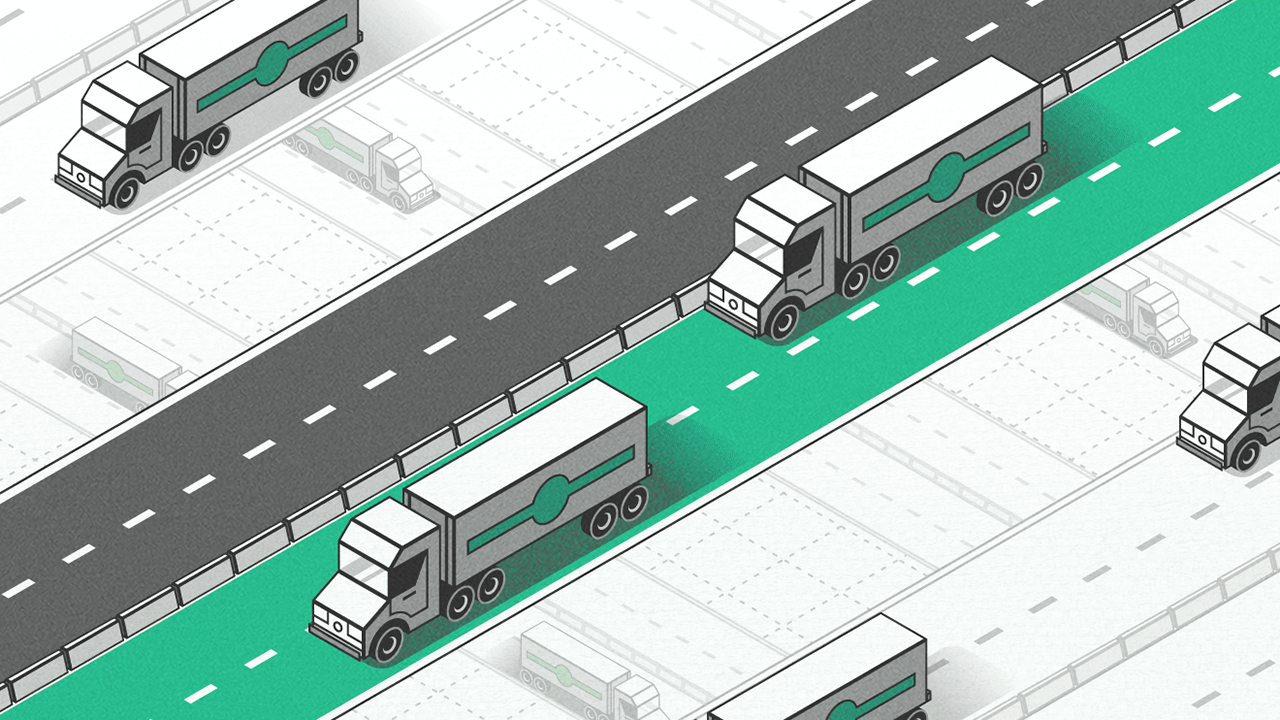





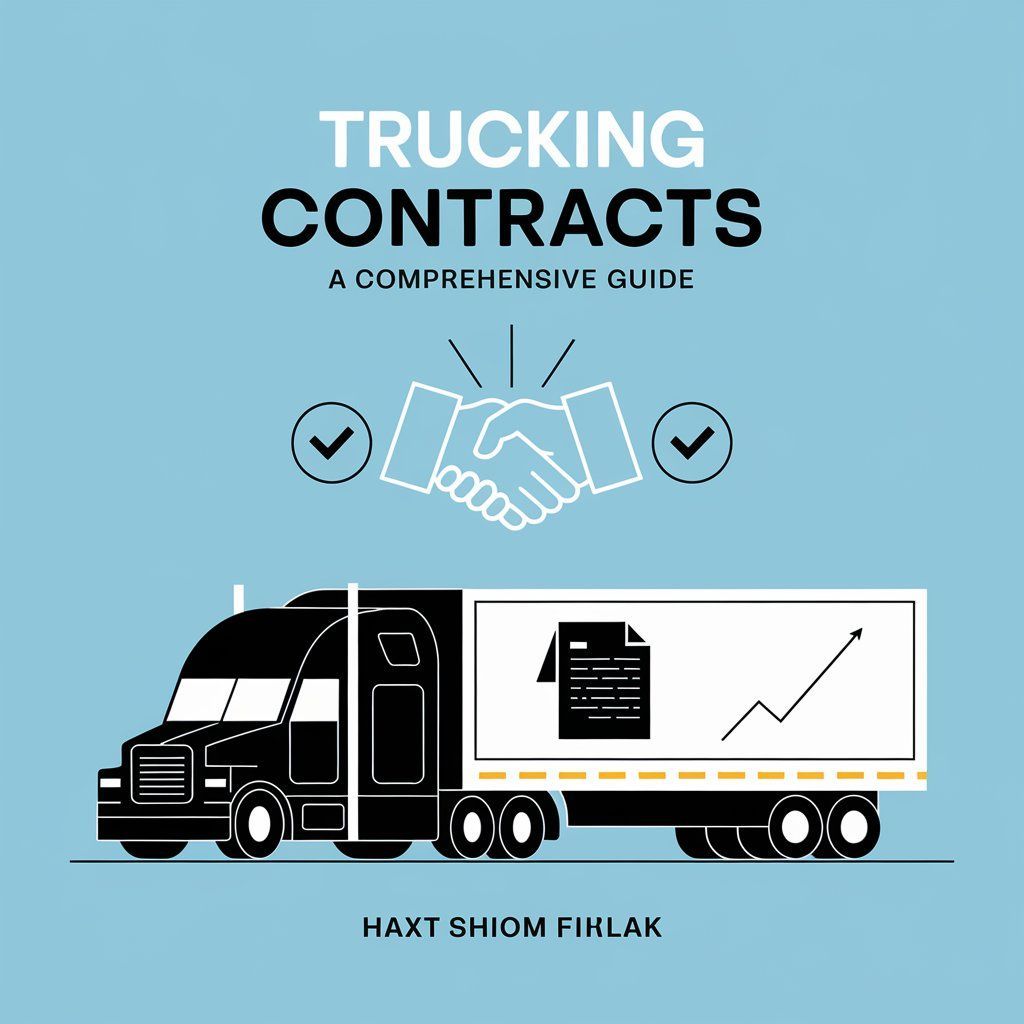

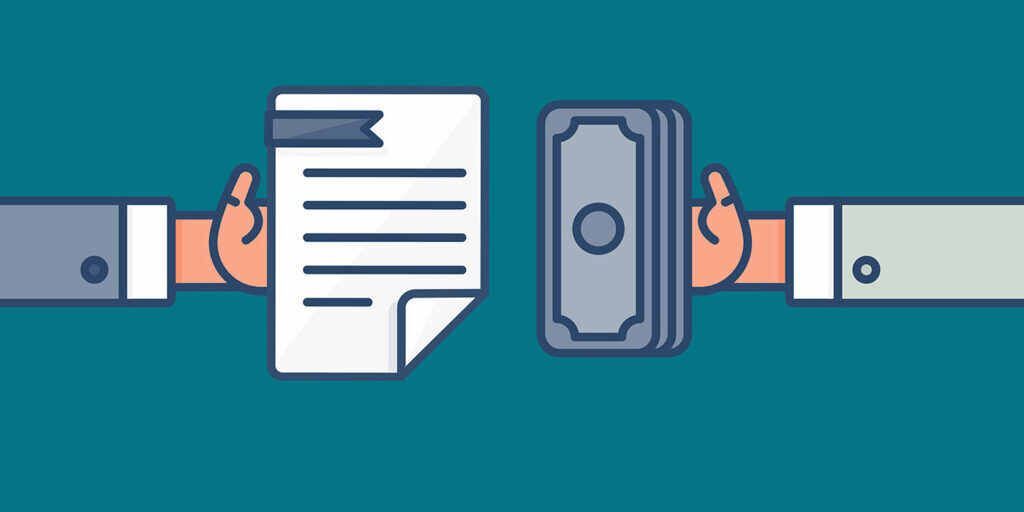

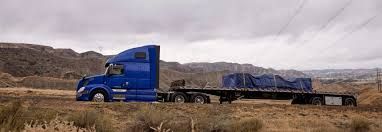
Share On: